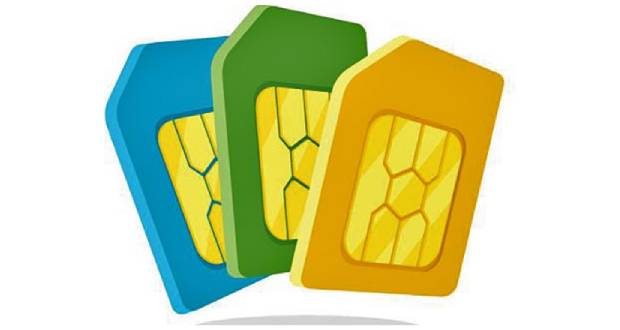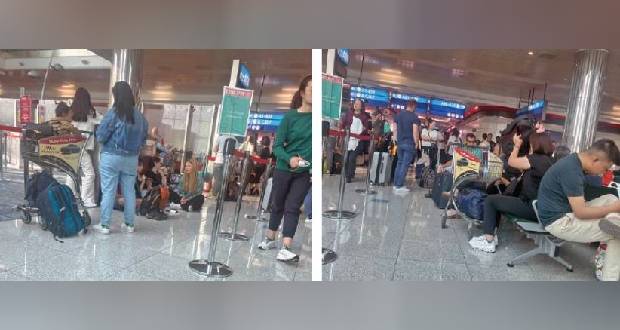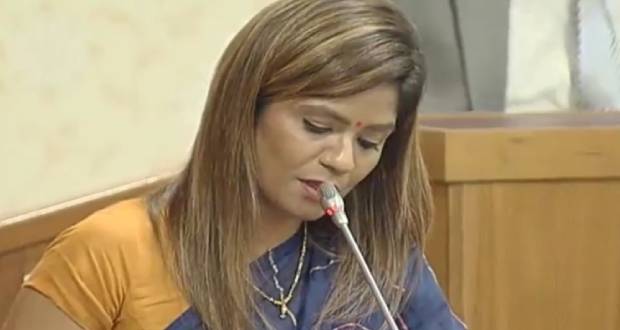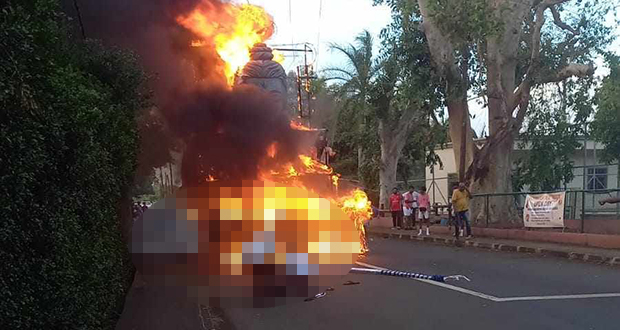Publicité
Saint-Louis Gate: What signals Mauritius is sending to ADB?
Par
Partager cet article
Saint-Louis Gate: What signals Mauritius is sending to ADB?
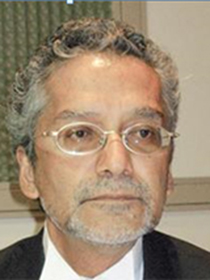
The events unfolding during the past week send a pitiful image of the country to international institutions which supports our economy with substantial resources, whether in the form of grants or loans at concessional rates. The 700 million rupees corruption case involving funds from the African Development Bank (ADB) requires a genuine and intelligent response from government. Instead of show- casing the country’s will to put some real order in the house, our leaders are sending signals to the contrary.
The episodes of the Saint-Louis saga currently running are revelatory of a situation whereby those who are writing the script on how to deal with this massive corruption, have no clue of the damage they will be doing to the country if the case is not genuinely so considered and is not genuinely dealt with. No “faire semblant” when dealing with malpractices, this is what could say to ADB, and eventually the EU after the blacklisting of Mauritius.
Own assessment
Although you can fool all the people some of the time and you can still fool some people all the time, script writers will be ill-advised to follow this saying. ADB needs no show, nor does the people of Mauritius. Our political leaders need to understand that international institutions do make their own assessment of a country’s commitment to good governance. To develop the country profile, they are not guided exclusively by the press releases from the Government Iformation Services nor by the news bulletins of the MBC or those of party-led communication channels. And in the present circumstances, we need to understand that the ADB’s office of oversight is closely, intelligently, watching on all the moves of government to determine the genuineness of its resolve in addressing the 700 million rupees corruption case.
Step aside, down or up?
The events following the receipt of the report on the affair are playing us a disservice. The step-down cum revocation episode is emblematic of damaging messages that could be sent to those who are watching us. Here we are with a head of government asking the second in command to step down, and the latter refusing to do so, opting rather to be revoked. The matter was publicised to show the determination of the Prime Minister to take the corruption seriously, but it also shows that his decision was challenged and eventually turned down by his Deputy Prime Minister (DPM). And that the option to be revoked was decided by the latter.
As gathered from public statements, the decision taken to step down or be revoked, was not an impulsive one. It was well thought and its presentation was well orchestrated, fined tuned to meet the objectives of a well thought communication plan, and it seemed to have worked out well locally as many opponents of government cheered in jubilation at the idea that the DPM has been ‘revoked’.
Entre Amis
There is a huge difference between the minister who, of his own volition, accepts to step down as minister until the inquiry is over, on the one hand, and a DPM sacked by the Prime Minister. The effect is not the same in terms of signal sent to an institution which wants to see severe sanctions be taken against the culprits. But the way the events are unfolding, conferring to ICAC the task to enquire, the cloud around the report, and the DPM and his party unaffected by the “revocation”, doubts are inevitable as to satisfying the demands of international institutions for better governance and sanctioning of corruption. Forget about the number of years the matter will take before being settled.


